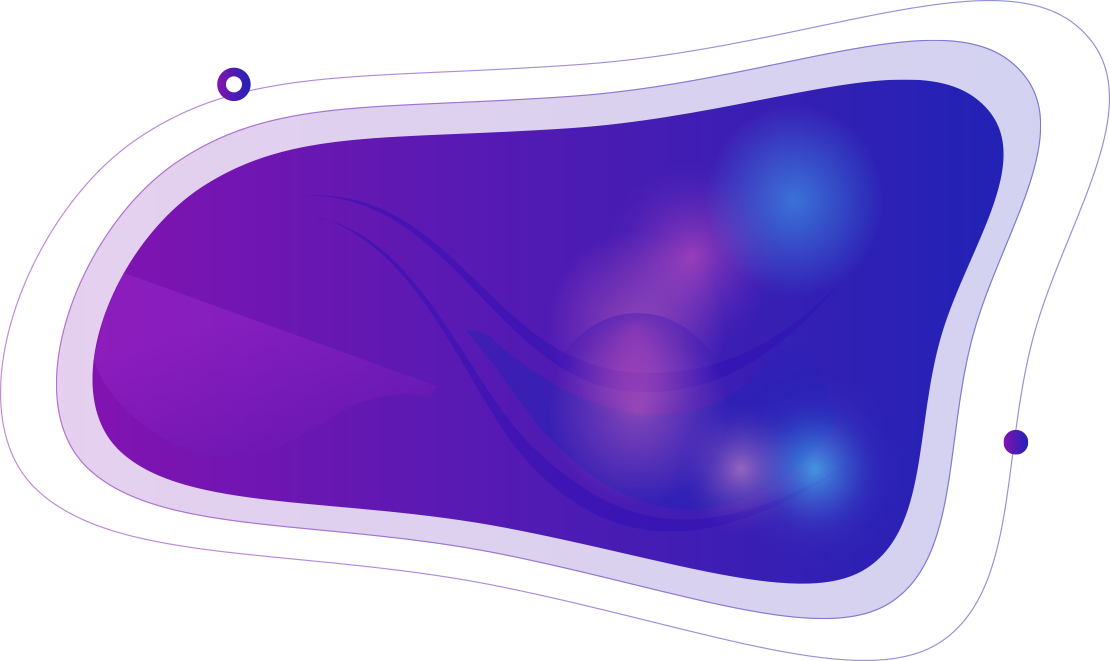
Пожалуйста, подождите немного… Обычно нейросети нужно до 30 секунд чтобы ответить на Ваш вопрос

"Не бойся рисковать и идти вперед - ведь именно там находятся неожиданные приключения и самые яркие впечатления! Даже если иногда ошибаешься, это всего лишь опыт, который приближает тебя к успеху. Поэтому вперед, на волне вдохновения и смелости!"